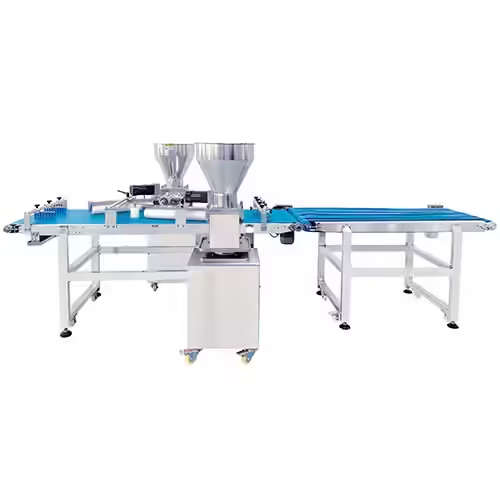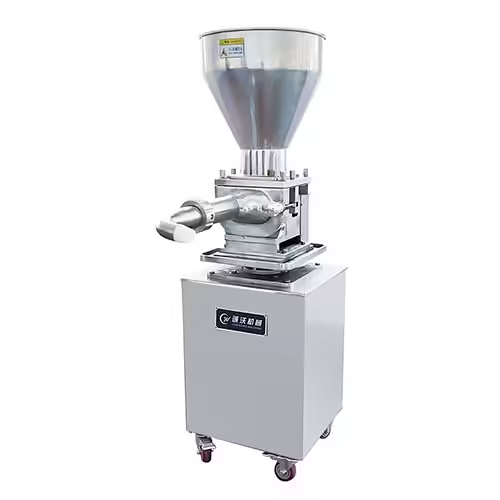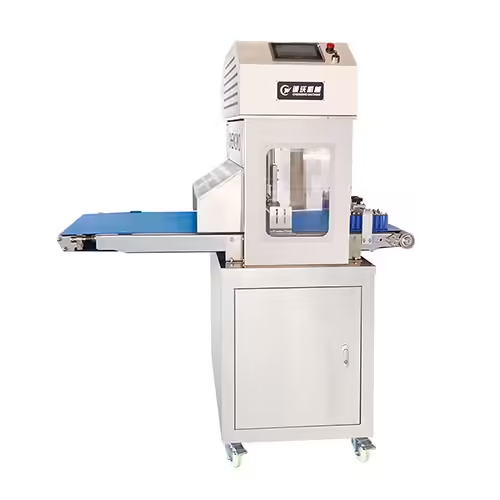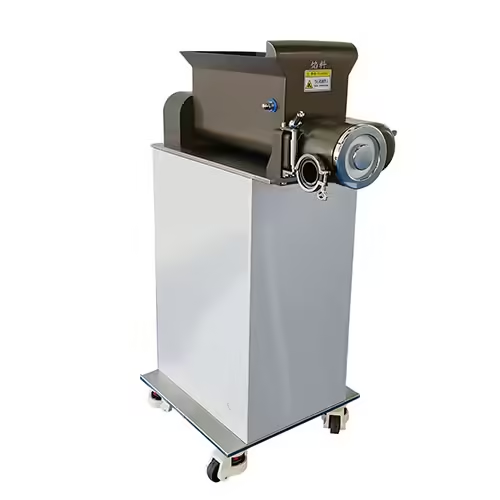



In today’s fast-paced world, the demand for consistent, high-quality food products has never been greater. Whether you’re managing a small bakery or a large-scale food production facility, using the right food making machine can significantly improve your output, reduce waste, and ensure food safety standards. This comprehensive guide dives into the world of making food machine and how they can transform your business by boosting production efficiency.
A food making machine refers to automated or semi-automated equipment designed to assist or take over various food processing tasks. These machines are used for slicing, dicing, mixing, baking, shaping, packaging, and more. A modern making food machine minimizes manual labor while improving accuracy, consistency, and speed in the kitchen or factory floor.
A food making machine ensures that each product is processed to the same standard, eliminating human error and manual inconsistencies. This helps businesses maintain high quality in every batch.
From dough mixers to noodle extruders, making food machine automate time-intensive tasks. This means faster turnaround times and more output per hour, directly impacting profitability.
Though the upfront cost of a making food machine may be high, the return on investment is quickly realized through labor cost savings, less material waste, and increased production rates.
Food making machines are made with materials and designs that support sanitation. They reduce direct human contact with food, thereby lowering contamination risks and meeting health compliance.
Used in bakeries and pizza outlets, these machines knead, roll, and shape dough efficiently.
Perfect for commercial kitchens and noodle factories, these machines streamline the extrusion and cutting processes.
Includes grinders, slicers, and tenderizers, ideal for butchers and meat product manufacturers.
Designed for chips, popcorn, or bars, these automated systems can mix, cook, cool, and package snacks efficiently.
Used in drink production facilities, these machines automate the bottling and sealing of juices, sodas, and other liquids.
| Machine Type | Function Description | Typical Industry Use |
|---|---|---|
| Dough Mixer | Mixes flour and water into dough | Bakeries, pizzerias |
| Noodle Making Machine | Forms and cuts noodles into uniform shapes | Asian cuisine restaurants |
| Vegetable Cutter | Chops and dices vegetables at high speed | Catering, frozen food plants |
| Meat Grinder | Grinds meat into fine or coarse texture | Butcheries, meat packaging units |
| Food Packaging Machine | Wraps, seals, and labels finished products | Any food production business |
| Liquid Filler | Dispenses and seals liquid products into containers | Beverage factories |
| Snack Frying Line | Deep-fries and cools snacks for packaging | Snack food manufacturers |
Evaluate how much product you need to process daily. A food making machine should match or exceed this capacity to avoid bottlenecks.
Measure your workspace before buying any equipment. Many making food machine require a certain footprint for installation and operation.
Look for machines that balance performance and energy efficiency to keep utility costs under control.
A food making machine with removable parts and easy-to-clean surfaces will reduce downtime and ensure hygienic production.
Consider machines with smart features such as programmable settings, touchscreen controls, or IoT integration for real-time monitoring.
With automation, each stage of food production is programmed, reducing the margin for error and improving output consistency.
Modern making food machine often integrate with software systems that track ingredient use, helping manage supplies effectively.
By handling high-risk or repetitive tasks, machines minimize workplace injuries, making the environment safer for employees.
Many manufacturers are now producing energy-efficient and low-emission making food machine. These devices help reduce the environmental footprint of your business by:
A food making machine is not just a tool—it’s a long-term investment in your business’s productivity, consistency, and growth. With the right machine, you can scale operations, maintain hygiene, and produce food products efficiently with minimal labor.
Ready to take your food production to the next level? Contact us today to find the best food making machine for your specific needs. Our team is here to help you choose the right equipment for your business goals.
Can a food making machine be customized?
Yes, many manufacturers offer customization options based on product type, size, and operational needs.
Are these machines suitable for home use?
Some compact models are designed for home or small business use, especially for baking or noodle making.
How long do making food machine last?
With proper maintenance, a high-quality machine can last 10 to 15 years or more.
Is training required to operate a making food machine?
Most modern machines are user-friendly, but initial training ensures efficient and safe usage.


